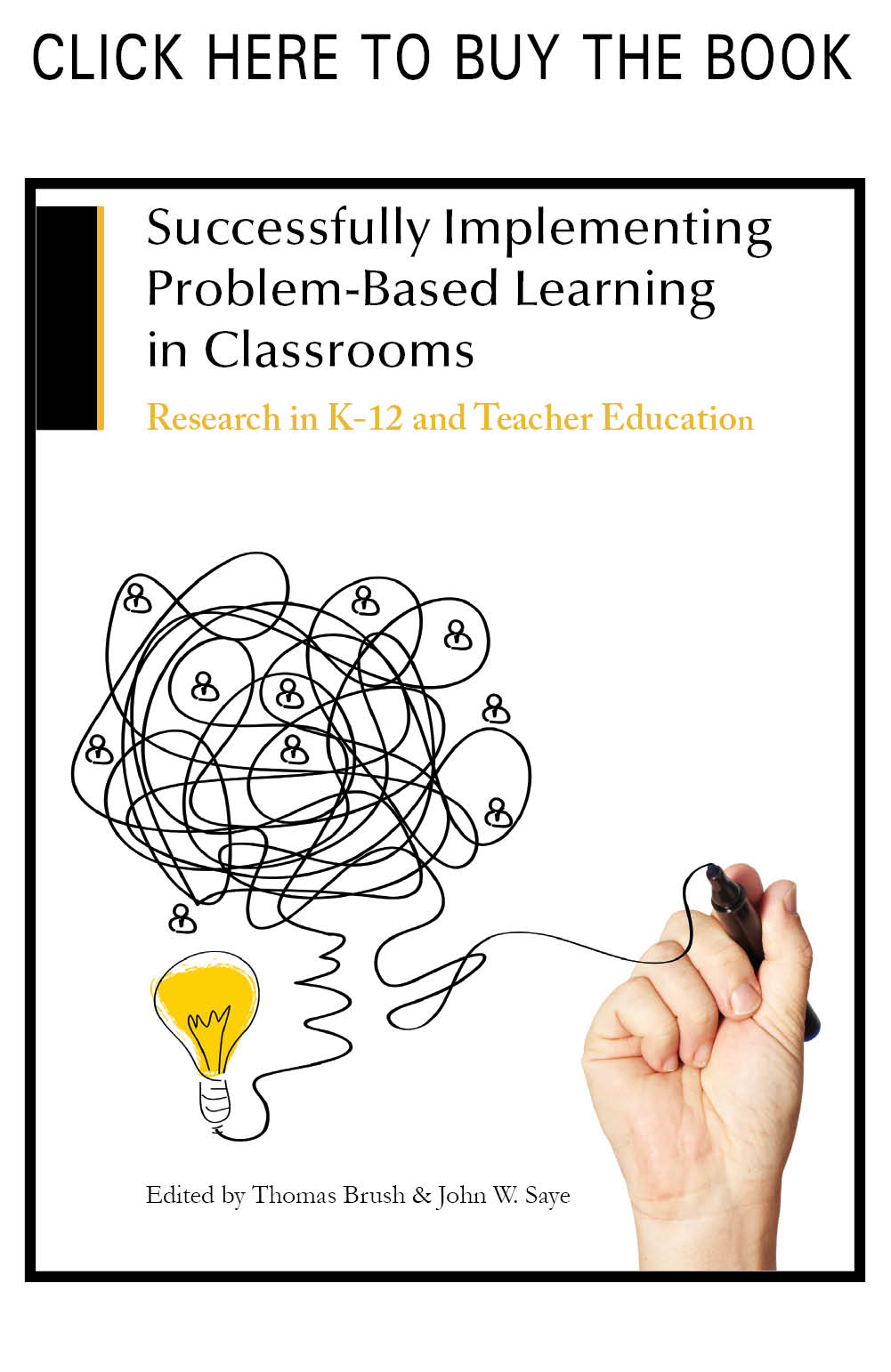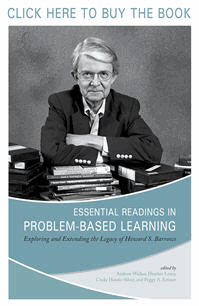Abstract
We identified and examined how the instructional elements of problem-based learning capstone engineering courses affected students’ motivation to engage in the courses. We employed a two-phase, sequential, explanatory, mixed methods research design. For the quantitative phase, 47 undergraduate students at a large public university completed a questionnaire that measured the components of the MUSIC Model of Academic Motivation (Jones, 2009): empowerment, usefulness, success, situational interest, individual interest, academic caring, and personal caring. For the qualitative phase that followed, 10 students answered questions related to the MUSIC components. We identified several instructional elements that led to motivating opportunities that affected students’ motivation to engage in the courses. We discuss how these motivating opportunities can foster or hinder students’ engagement and provide implications for instruction.
Recommended Citation
Jones, B. D.
,
Epler, C. M.
,
Mokri, P.
,
Bryant, L. H.
,
&
Paretti, M. C.
(2013). The Effects of a Collaborative Problem-based Learning Experience on Students’ Motivation in Engineering Capstone Courses. Interdisciplinary Journal of Problem-Based Learning, 7(2).
Available at: https://doi.org/10.7771/1541-5015.1344




